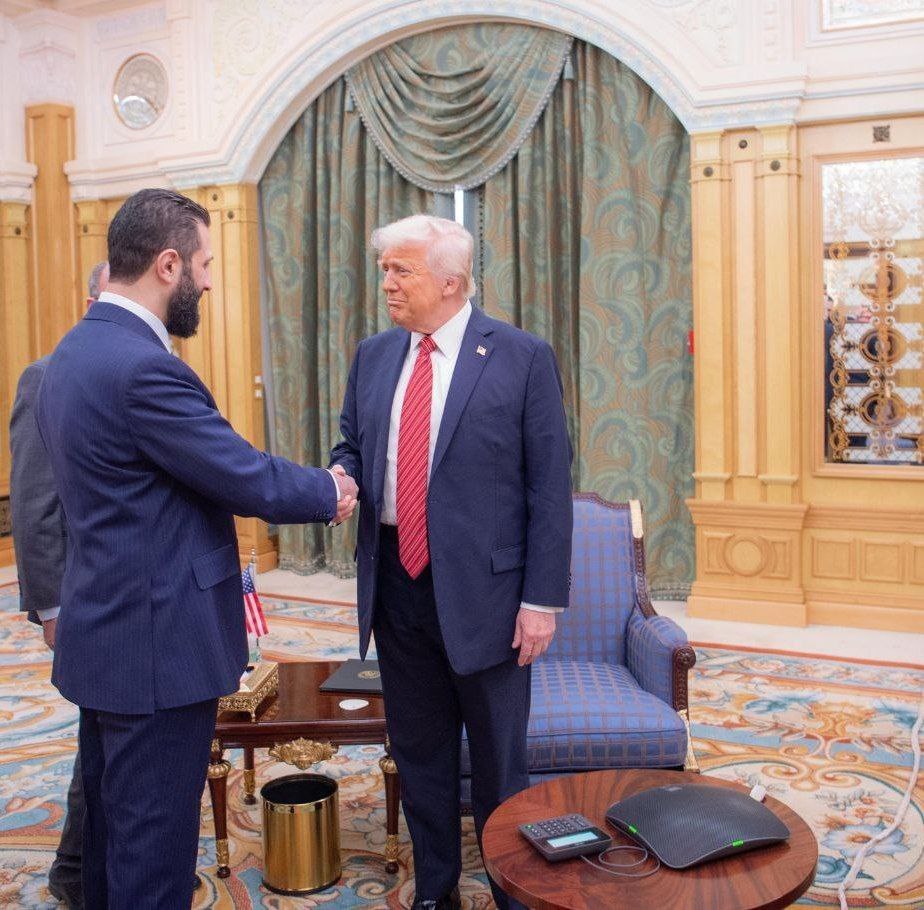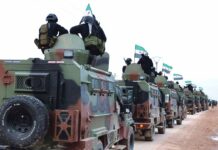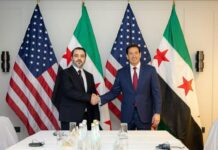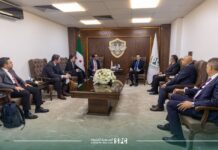
Syrian President Ahmad al-Sharaa is expected to meet with US President Donald Trump in the coming days, according to sources within Syria’s Foreign Ministry. The meeting, scheduled to be held in the US, would mark the highest-level contact between the two nations in over a decade. Officials in Damascus have not released details of the trip, but regional observers say the talks could signal a significant recalibration in US-Syria relations after years of hostility.
The meeting comes amid speculation that the two leaders will address longstanding security and political disputes involving Israel and southern Syria, as well as US sanctions still imposed under the Caesar Act. The act, passed by Congress in 2019, targeted senior Assad officials and state institutions accused of human rights abuses. Any modification or repeal of the law would require congressional approval, a move analysts say could face political hurdles in Washington, which has been experiencing a shutdown over the last month.
Talks Likely to Center on Security and Sanctions
Regional diplomats suggest that a potential Israel-Syria security arrangement may top the agenda. Such a deal could aim to end recurring Israeli airstrikes on Syrian territory and reduce tensions along the Golan Heights, where Israeli forces maintain a presence—and near daily incursions. There is cautious optimism about an opportunity to reduce friction.
Washington has not issued a formal statement about the meeting, though sources close to the Syrian administration say preparations are underway. The talks could represent an opening for Syria to further re-engage with the West following years of diplomatic isolation.
Syria’s Role in the Anti-ISIS Campaign
Beyond the regional security file, both leaders are expected to discuss Syria’s potential inclusion in the US-led anti-ISIS coalition. Sources close to the Syrian government told Levant24 that the idea has been under review for several months. According to those sources, Damascus has emphasized that it has been fighting ISIS since 2014, and that any cooperation with the coalition would merely formalize existing realities on the ground.
The same sources noted that Syrian officials view the Syrian Democratic Forces (SDF), long backed by Washington, as having used their role in fighting ISIS as political leverage. They believe the Syrian state is fully capable of managing this issue with the coalition independently.
A Possible Turning Point
If the meeting proceeds, it could mark a rare diplomatic breakthrough in a region still defined by years of war and political fragmentation. Whether Washington implements the remaining sanctions by year’s end or engages in broader normalization remains uncertain. For now, both governments appear prepared to strengthen ties—a move which could reshape the region’s strategic map if it moves beyond words to concrete agreements.








